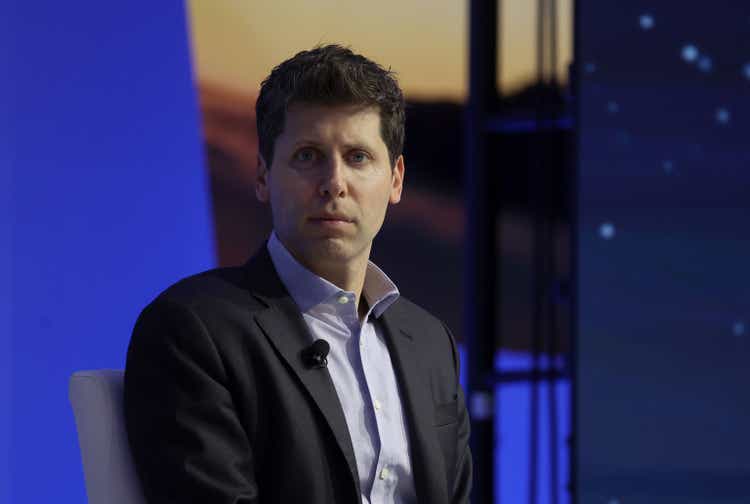Justin Sullivan
OpenAI’s CEO Sam Altman’s plan to build huge machines and systems needed for AI globally would start with a push in the U.S. and is expected to cost tens of billions of dollars, Bloomberg News reported, citing a person with knowledge of the matter.
Altman had spent the early part of the year trying to get the U.S. government’s approval for the plan, which intends to form a coalition of global investors to fund the infrastructure needed to support rapid development of AI, as per a February report. Now, Altman and his team are working on several initiatives, including a plan to first target U.S. states, the report added.
The projects under discussion include setting up data centers, growing energy capacity and transmission with turbines and generators, plus expanding semiconductor manufacturing, the report noted.
The project backers could include investors from Canada, Korea, Japan and the United Arab Emirates. OpenAI also intends for participation by private companies. Microsoft (NASDAQ:MSFT), which has invested billions of dollars in the ChatGPT maker, could be one potential partner, the report added.
Altman and other executives have been meeting with investors in recent weeks to advance the project. Recently, OpenAI’s Chief Strategy Officer Jason Kwon went to Japan and Korea to speak with investors about the plan. OpenAI’s Vice President of Global Policy Chris Lehane has talked to investors in Canada. Meanwhile, Altman has held additional discussions with investors in the UAE following earlier talks, besides U.S. investors, as per the report.
The talks come on the heels of OpenAI nearing a new funding round that would value the company at over $100B. The round could see funding from Apple (AAPL), Nvidia (NVDA), Thrive Capital and Microsoft, among others.
OpenAI’s “believes building additional infrastructure in the US is critical to further advancing artificial intelligence and making its benefits widely accessible,” said an OpenAI spokesperson, as per the report. The spokesperson added that the company is exploring opportunities with this goal in mind and intends to share more details at a later date.
However, OpenAI’s plan could raise U.S. national security concerns, including scrutiny by the Committee on Foreign Investment in the U.S., which has been increasingly paying attention to Middle Eastern sovereign wealth funds and their ties to China.
In recent months, OpenAI has held discussions with the U.S. National Security Council about the planned investments, the report noted. This builds on previous discussions with several U.S. officials, including one with the U.S. ambassador to the UAE in April.
Altman and other executives at OpenAI have stressed that the global infrastructure plan would boost Washington’s geopolitical advantage by setting up a multinational coalition to compete with China’s own infrastructure consortium, the report noted.

